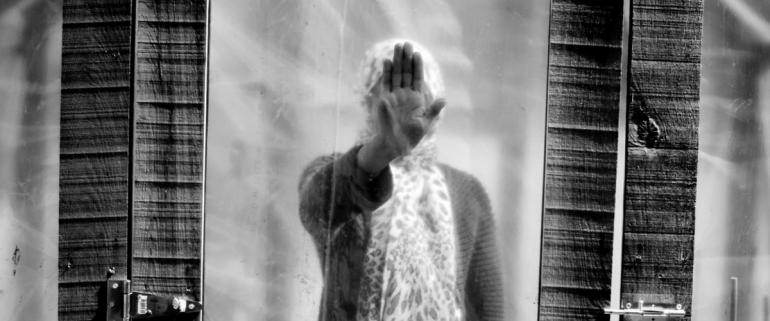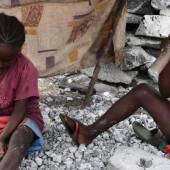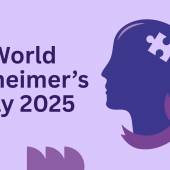International Day for the Abolition of Slavery

The International Day for the Abolition of Slavery on December 2 focuses on eradicating contemporary forms of slavery, such as trafficking in persons, sexual exploitation, the worst forms of child labor, forced marriage, and the forced recruitment of children for use in armed conflict.
Main Forms of Modern Slavery
Slavery has evolved and manifested itself in different ways throughout history. Today some traditional forms of slavery still persist in their earlier forms, while others have been transformed into new ones.
The UN human rights bodies have documented the persistence of old forms of slavery that are embedded in traditional beliefs and customs. These forms of slavery are the result of long-standing discrimination against the most vulnerable groups in societies, such as those regarded as being of low caste, tribal minorities and indigenous peoples.
Forced labor
Alongside traditional forms of forced labor, such as bonded labor and debt bondage there now exist more contemporary forms of forced labor, such as migrant workers, who have been trafficked for economic exploitation of every kind in the world economy: work in domestic servitude, the construction industry, the food and garment industry, the agricultural sector and in forced prostitution.
Child labor
Globally, one in ten children works. The majority of the child labor that occurs today is for economic exploitation. That goes against the Convention on the Rights of the Child, which recognizes “the right of the child to be protected from economic exploitation and from performing any work that is likely to be hazardous or to interfere with the child’s education, or to be harmful to the child’s health or physical, mental, spiritual, moral or social development.”
Trafficking
According to the Protocol to Prevent, Suppress and Punish Trafficking in Persons Especially Women and Children, trafficking in persons means the recruitment, transportation, transfer, harboring or receipt of persons, by means of the threat or use of force or other forms of coercion for the purpose of exploitation.
Exploitation includes prostitution of others or other forms of sexual exploitation, forced labor or services, slavery or practices similar to slavery, servitude or the removal of organs. The consent of the person trafficked for exploitation is irrelevant and If the trafficked person is a child, it is a crime even without the use of force.
These main forms of modern slavery exist in every country in the world. The leaders of all nations have the responsibility to eradicate these forms of modern slavery.
Human beings are created not to be slaves but to be the children of God. The children of God have the right to live in accordance with dignity. Every human being is created in the image of God.
Radio Veritas Asia (RVA), a media platform of the Catholic Church, aims to share Christ. RVA started in 1969 as a continental Catholic radio station to serve Asian countries in their respective local language, thus earning the tag “the Voice of Asian Christianity.” Responding to the emerging context, RVA embraced media platforms to connect with the global Asian audience via its 21 language websites and various social media platforms.












